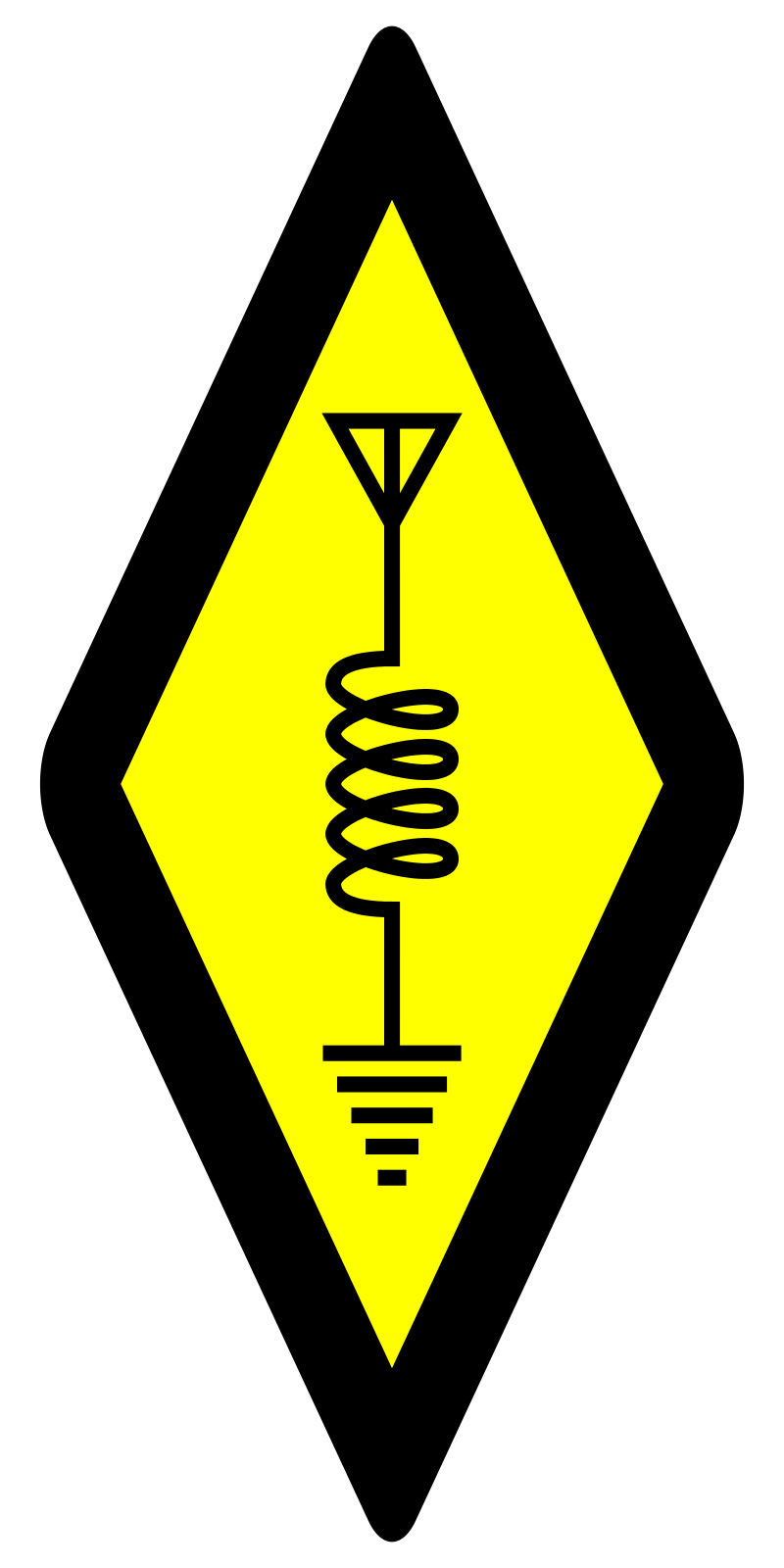I do not see that as phone-usage, I'm doing an experiment to see how easy / difficult it is to revert the "i need to know the time, so I grab my phone" reflex back to "I need to know the time, so I look at my wrist".
I'm currently reading some books on how easy it is to manipulate peoples behaviour using 'nudging', this to better understand the social engineering tricks used by hackers.
An chapter in one of these books in how social media use tricks to manupale our behaviour that resemble the tricks used by the gambling industry.
One of the things I find intriging is the size of a smartphones today. If you look at it objectively, they are actually so large that most people would consider it to be annoyting: you have to carry it in a bag, in a pocket of your pants -but you have to take your phone out when you want sit-, or ..you carry it in your hands. Have you noticed how many people have their smartphone in their hand when they walk around? But, of course, if you have something in your hand, it is very easy to open it quickly check your notifications; which reinforces the addiction.
So, that's the thing. People do not find it annoying.
So .. as an experiment, I am trying out how easy / difficult it is to break the habbit.
A small sidenote when (or if) I manage to get my garmin vivosmart HR charges, it does rapport activity per week, number of steps and number of floors I went up on foot per day, even without a smartphone app. So that's at least something :-)








interesting advice. Thanks!